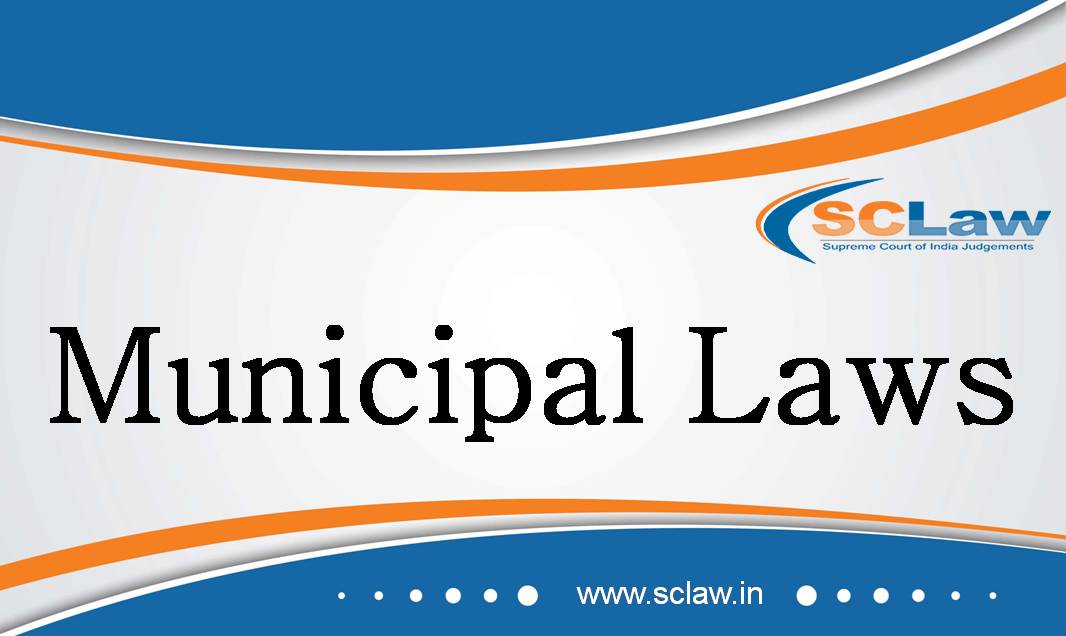Constitution of India, 1950, Art.227–Writ of Habeas Corpus-Custody of Child–The Central aspect to be considered by the Court is whether the custody of child can be said to be unlawful or illegal and whether the welfare of child requires that the present custody should be changed and the child should be left in the care and custody of somebody else, depending on which appropriate directions can be passed
2019(1) Law Herald (SC) 575 : 2018 LawHerald.Org 2136 IN THE SUPREME COURT OF INDIA Before Hon’ble Mr. Justice A.M. Khanwilkar Hon’ble Mr. Justice Dr. D.Y. Chandrachud Criminal Appeal Nos.…







